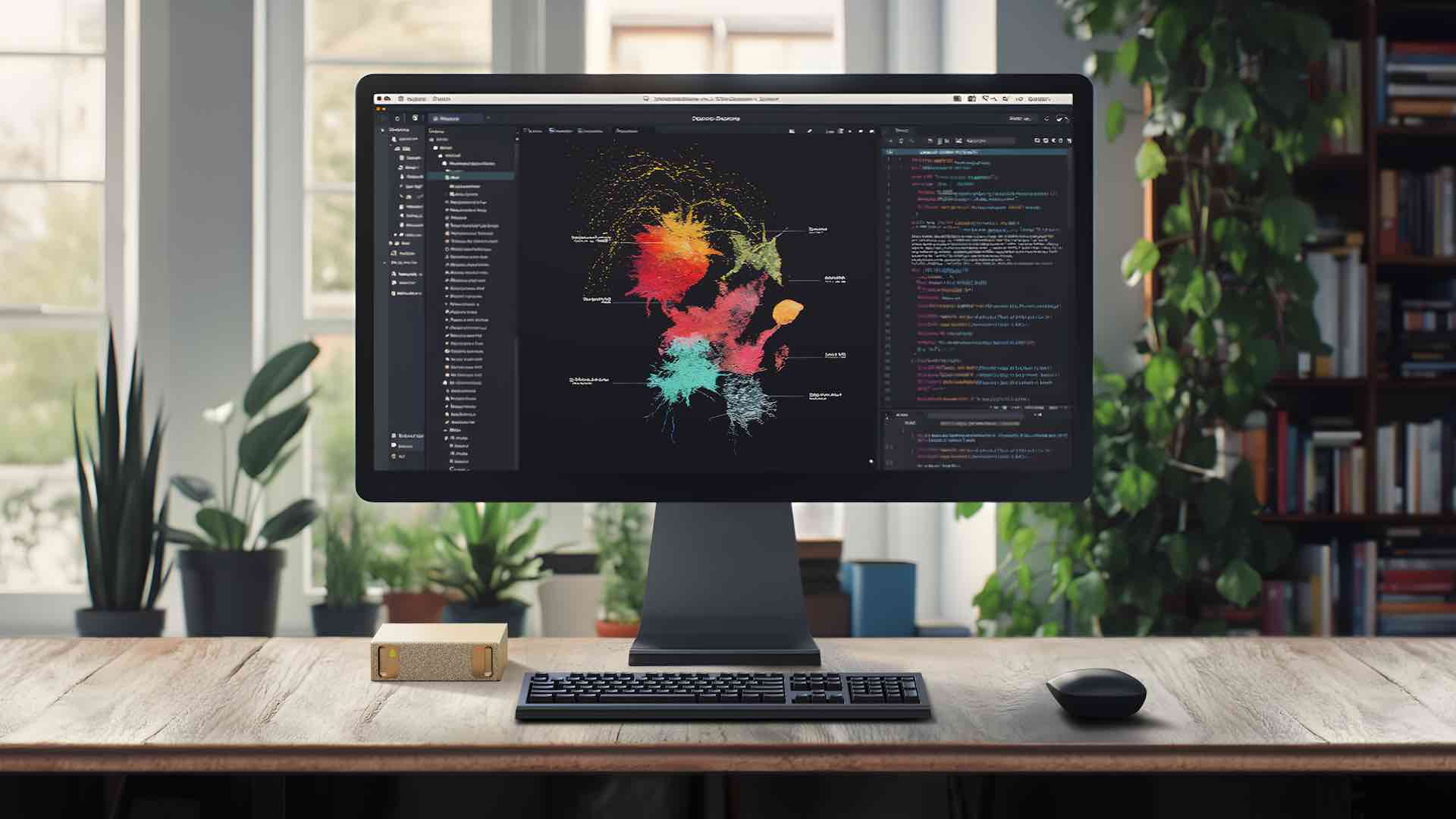Nvidia has introduced a compact AI supercomputer designed for desktops, aiming to provide advanced artificial intelligence capabilities to developers, researchers, and students. Unveiled by Nvidia CEO Jensen Huang at the CES technology trade fair in Las Vegas, the new device, called Project Digits, integrates the company’s latest GB10 Superchip and offers high-performance AI computing in a smaller, accessible format. The GB10 Superchip is built on Nvidia’s Grace Blackwell architecture, delivering up to one petaflop of AI performance at FP4 precision.

It combines an Nvidia Blackwell GPU featuring next-generation CUDA cores and Tensor Cores with a Grace CPU, incorporating 20 Arm-based power-efficient cores. This design allows Project Digits to handle sophisticated AI workloads, including models with up to 200 billion parameters, while operating on standard electrical outlets. Priced from $3,000, Project Digits is set to launch in May through Nvidia and its manufacturing partners.
The device supports 128GB of unified memory and up to 4TB of NVMe storage. Using Nvidia ConnectX networking, two systems can be linked to process models with as many as 405 billion parameters, enhancing its scalability for AI applications. Huang emphasized that Project Digits represents a significant step in democratizing AI technology, bringing high-performance computing capabilities directly to desktops. He noted that AI is poised to transform industries globally, and enabling local development and testing will accelerate innovation across sectors.
In addition to hardware advancements, Nvidia has introduced Cosmos software to simulate realistic virtual environments for AI training. This system is designed to help AI models interpret real-world scenarios more effectively, leveraging extensive datasets that include 20 million hours of video footage. Nvidia also highlighted its focus on autonomous vehicle technologies. The company plans to release Thor, a computing platform that processes data from multiple sensors in self-driving cars, with potential applications extending to humanoid robots.
These developments reflect Nvidia’s broader strategy to expand its presence in robotics and AI-driven automation. To support AI developers, Project Digits integrates seamlessly with Nvidia’s software ecosystem, including the Nvidia DGX Cloud platform. Users can develop and fine-tune AI models locally before deploying them on cloud infrastructure. The device also supports frameworks like PyTorch and Jupyter notebooks, along with Nvidia’s NeMo and RAPIDS libraries for AI and data science.
With Project Digits, Nvidia aims to strengthen its leadership in AI computing by making supercomputer-grade performance more widely available. The new desktop system underscores the company’s commitment to empowering researchers and developers to build the next generation of AI applications. – By MENA Newswire News Desk.
